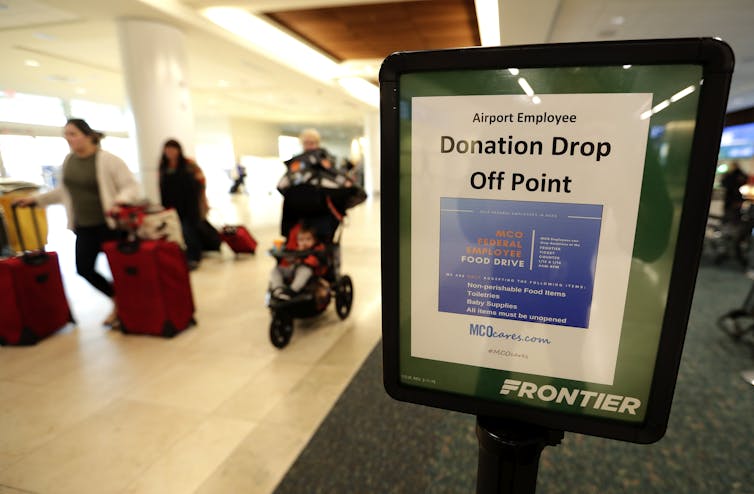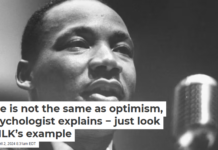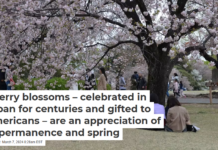
Jeremy David Engels, Pennsylvania State University
TSA workers are usually among the least-liked government employees. But these days many travelers passing through airports are taking a moment to express their gratitude to the furloughed workers putting in their hours without pay as the partial government shutdown continues.
In my research as a scholar of communication, as I outline in my book, “The Art of Gratitude.” I can tell you that gratitude matters. The words we use to describe our emotions are important, as they influence how we and others feel.
Here are my three rules for how to practice gratitude.
1. Practice gratitude every day
Two recent books – historian Diana Butler Bass’ “Grateful: The Transformative Power of Giving Thanks” and journalist A.J. Jacobs’ “Thanks A Thousand: A Gratitude Journey” – share details of the personal, social and health benefits of gratitude.
These books recount how gratitude can lower blood pressure, reduce anxiety, improve sleep, and make people feel happier and more at home in the world. In general, research shows that the practice of gratitude reduces suffering and promotes individual well-being.
So the practice of gratitude each day is important – but it also requires the right philosophy.
2. Avoid the language of debt
Many of us regularly say “I owe you one,” “I owe you a debt of gratitude,” or some other phrase that means basically the same thing.
In doing so, gratitude becomes a kind of a debt incurred during daily life.
The field of positive psychology studies what makes life most worth living. According to the positive psychologist Robert Emmons, to be grateful “is to feel indebted.” Paraphrasing Emmons, when someone does me a favor or gives me a gift, the emotion of gratitude encourages me to think of it as a debt that I need to repay.
The trouble with the language of debt is that it transforms how we talk about gratitude into a transaction. Gratitude becomes a daily practice of counting and keeping score. People then get good at seeing their lives as a series of debts that must be repaid. But life is not a debt or a series of debts.
According to Aristotle in his “Nicomachean Ethics,” it is natural for people to despise feeling indebted to others. And so, he contends, it is also natural for people to turn away from relationships with others if those relationships serve to create additional debts.
3. Recognize interconnectedness
In addition to being a scholar, I am a yoga teacher. My academic research is influenced profoundly by yoga philosophy. Yoga is a practice that aims to reduce suffering. According to the yoga scholar Michael Stone, “the term ‘yoga’ connotes the basic unity and interconnectedness of all of life.”
In America, it is common to speak of self-reliance. But no person succeeds alone. Everyone is supported. The yogic practice of gratitude, or “santosha,” encourages practitioners to acknowledge and give thanks for the many forms of support that allow them to live their lives.
To breathe is to take in the same air that others breathe; to stand is to stand on the same earth that others stand on. Without the air, or the earth, shared by all, we wouldn’t be here. The practice of yogic gratitude encourages people to recognize that they are part of the world, not separate from it.

AP Photo/John Raoux
It also teaches people to recognize that to reduce their suffering they must also work to reduce the suffering of those around them. Often people don’t see it this way, but there is no injustice that affects someone else that does not also in some way affect each one of us too. Thank
Fighting injustice
Ultimately, it is heart-warming to see Americans giving thanks, collecting donations, and providing food to government workers affected by the shutdown.
But, true gratitude is a practice of recognizing our interconnectedness – that we are all in this together. If people practice the three rules of gratitude, perhaps they can also recognize the unfairness of asking people to work without pay and pledge to fight this injustice together.![]()
Jeremy David Engels, Sherwin Early Career Professor in the Rock Ethics Institute, and Associate Professor of Communication Arts and Sciences, Pennsylvania State University
This article is republished from The Conversation under a Creative Commons license. Read the original article.




















